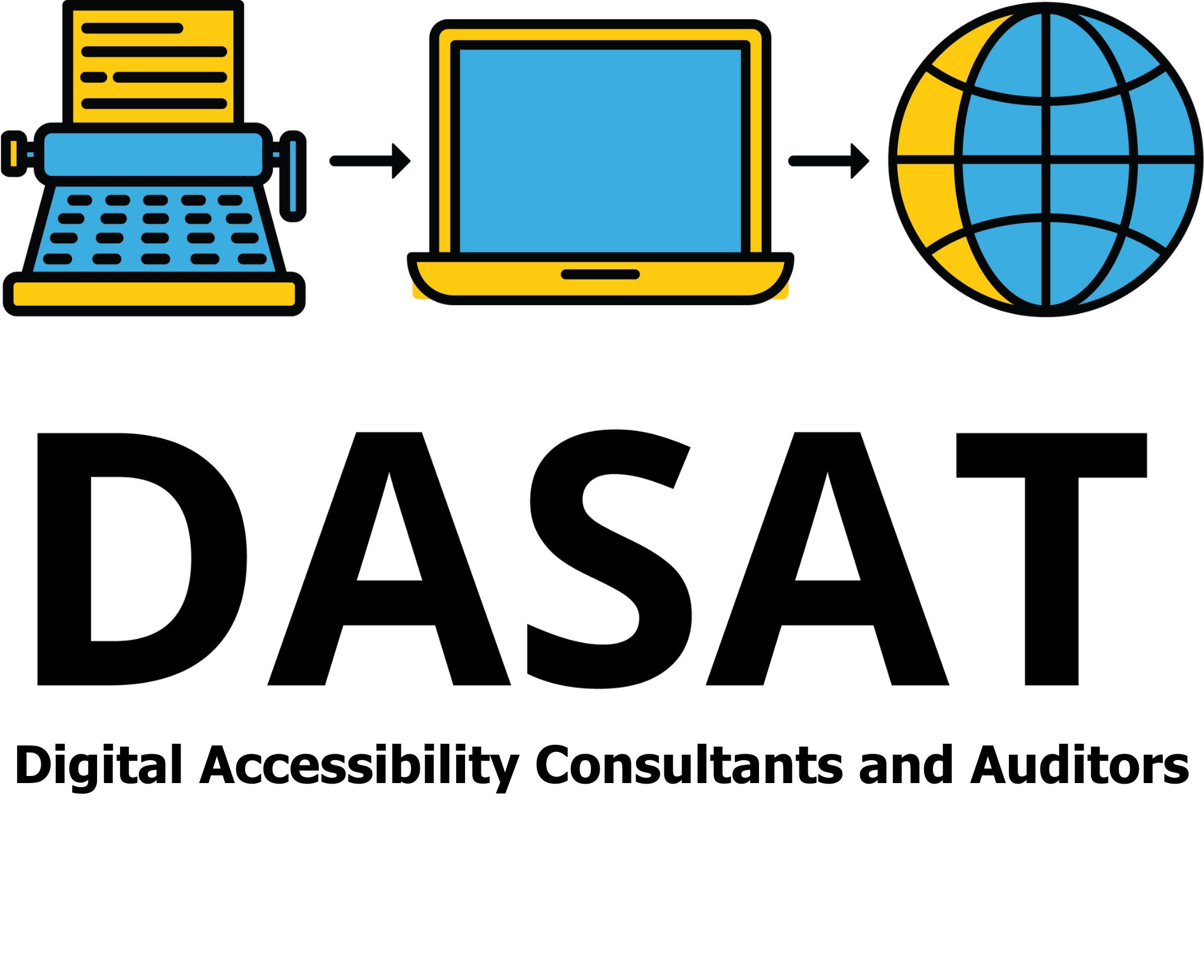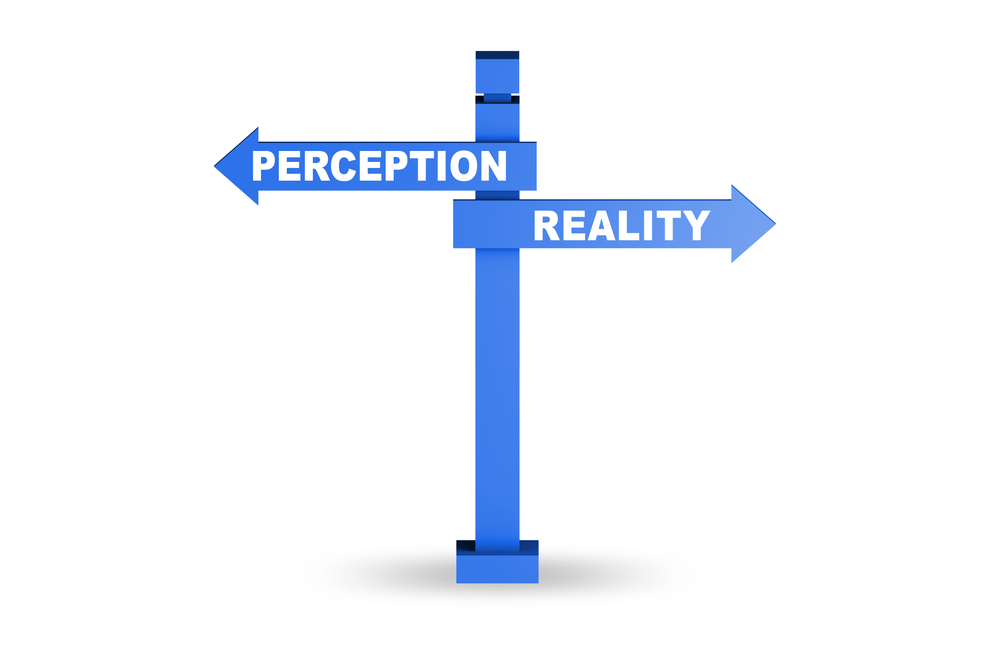
Our thoughts impact the way we live our lives. The way we see things (perception), what we believe (beliefs), and the ideas we assume to be correct (assumptions) influences our actions and decisions. They affect how we live and work with others and contribute to the community. Perceptions, beliefs, and assumptions can be helpful, however they can also create misunderstanding, mistrust, stereotypes, and division. Learning how to manage them is important as it not only improves relationships and decision making, it has an impact on the society that we live in.
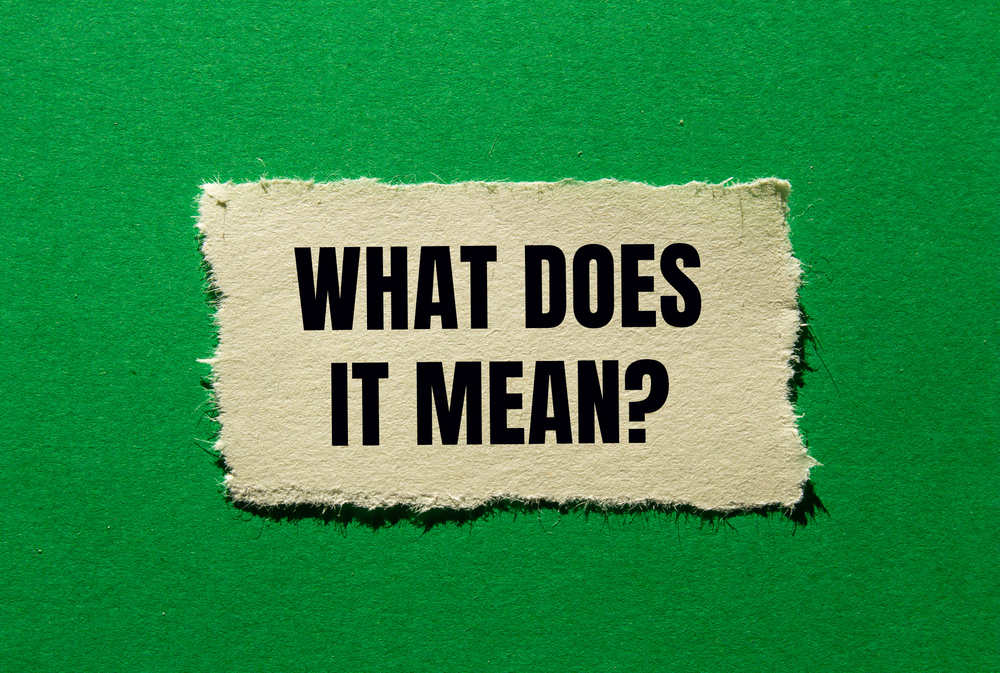
What Are Perceptions, Beliefs, and Assumptions?
- Perceptions are how we see the world around us. It is based on what we see, sense, touch, feel and hear. However, perceptions can be influenced by emotions, knowledge, past experiences, and biases.
- Beliefs are the ideas we accept as being correct. They come from our upbringing, culture, religion, and personal experiences.
- Assumptions are the things we accept as true without proving that they are correct. Assumptions can be useful in decision-making but can also lead to misunderstandings.
Understanding this is important because it affects our interactions and decisions in all parts of our life.
What is the impact on Society?
Influence on Social Interactions
Perceptions, beliefs, and assumptions determine how we see other people. If someone believes a certain group is untrustworthy or incapable based on what they see, they might treat members of that group unfairly. This can lead to discrimination and division in the community.
Decision-Making Effects
People make choices based on what they believe is right or wrong. These choices influence every part of our lives from business, education, to all our relationships. If assumptions are incorrect, they can lead to bad decisions with serious consequences.
Role in Conflict and Prejudice
Most conflicts arise from misunderstandings. People don’t actively listen to what is said and apply their filters. When people assume negative things about others without evidence, it leads to conflict, fear and resentment. Changing these assumptions can help reduce tension between individuals and groups.
Impact on Personal Growth
Our beliefs determine our potential. If someone believes they are not good at math or can’t do something because they have a disability, they might not try to improve. Challenging false beliefs can open new opportunities for personal and professional growth.
Influence Culture and Norms
Beliefs and assumptions impact traditions, laws, and social expectations. For example, in the past, people assumed only men could be leaders. As society challenged this assumption, more women gained leadership roles, leading to positive change.
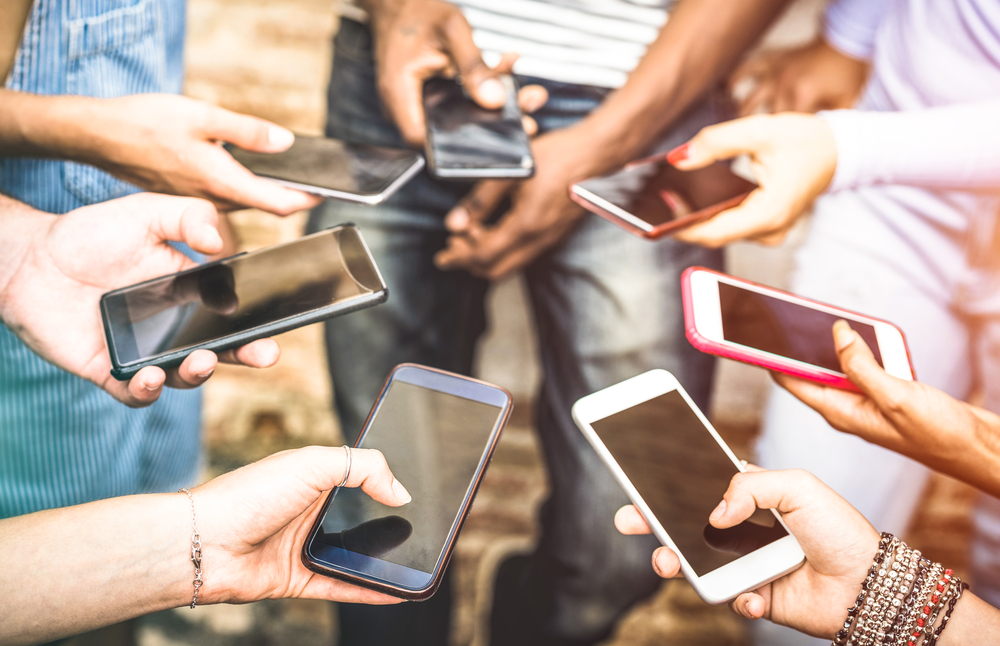
5 Tips to Manage Perceptions, Beliefs, and Assumptions
It’s important to manage our perceptions, beliefs, and assumptions to build a more understanding, open and inclusive society.
- Question Your Assumptions: Before acting on a belief or assumption, always ask yourself: “Is this really true?” Consider where the belief came from and whether there is evidence to support it. Do your research. This helps prevent false judgments.
- Find Different Perspectives: Talk to people from different backgrounds and experiences. Read books, watch documentaries, or attend events that you’ve never been to before. Being exposed to different viewpoints not only broadens understanding. It reduces bias.
- Practice Active Listening: Many misunderstandings happen because people don’t really listen. When talking to others, focus on understanding their point of view rather than just waiting for your turn to speak. Consider they words that they use. Use the Acknowledge, Clarify and confirm strategy to ensure your understanding. Show empathy.
- Challenge labels and statements: If you hear someone making an unfair statement, speak up. Educate yourself and others about the harm caused by labels and statements. Encourage people to be open minded. It helps build a fairer society.
- Be Open to Change: Beliefs can change over time. Be curious and willing to learn. If new information proves an old belief wrong, be willing to adjust your views. Growth comes from being adaptable.
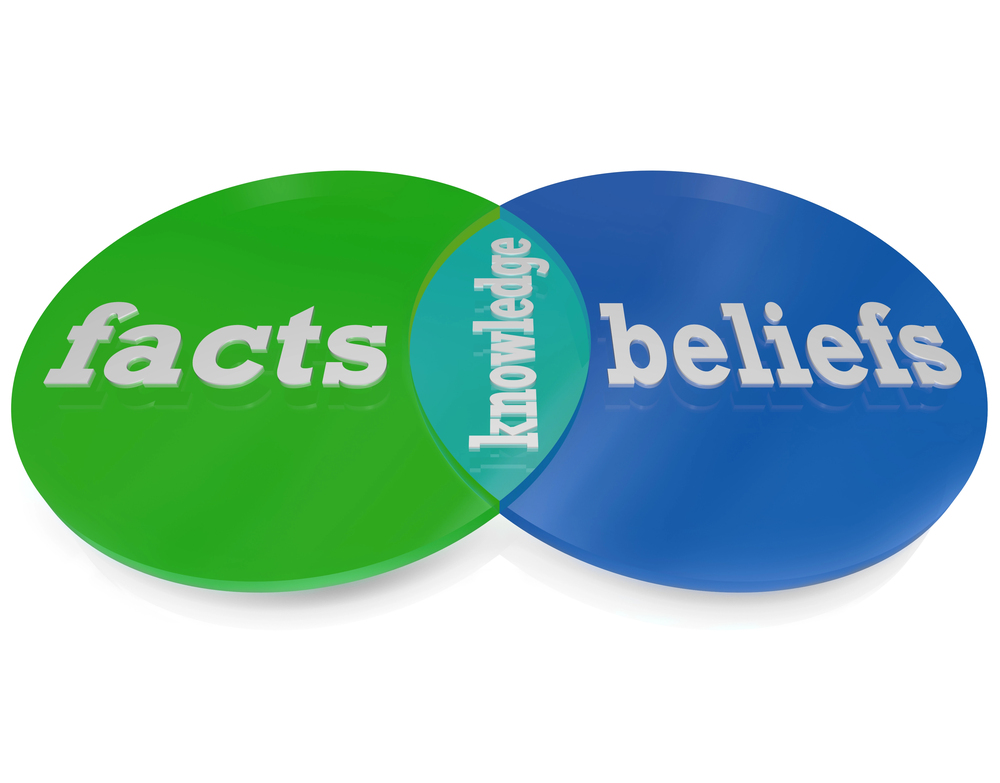
Moving Beyond Our Biases
Overcoming bias requires effort and awareness. It involves actively challenging ingrained ideas and choosing to learn from different experiences and education. This practice can help to create a more compassionate, fair society where individuals are judged on their actions rather than preconceived notions.
One way to combat bias is through education. Schools and workplaces should encourage discussions about diversity, equity, and inclusion. Learn about different cultures, histories, and perspectives helps people to recognize their biases and works toward fairer treatment of others.
Fostering empathy is essential. Understanding another person’s struggles and experiences creates a connection that can break down barriers. Empathy leads to respect, cooperation, and stronger communities.
Moving Forward
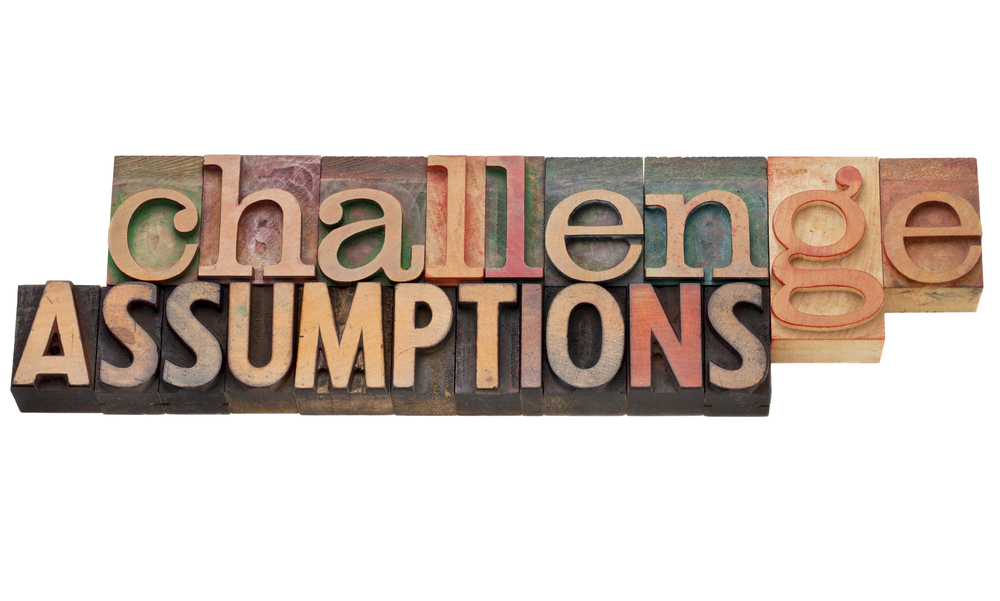
Perceptions, beliefs, and assumptions play a large role in influencing our lives. They affect our relationships, both personal and work. While they help us to navigate the world, they can also lead to misunderstandings and arguments if they are not managed properly. Questioning assumptions, seeking different perspectives, listening actively, challenging statements and labels, and staying open to change, assist us to build a more understanding and fairer world. The more we learn to manage our thoughts, the better we can contribute to a positive society.
Taking steps beyond recognizing our bias, such as educating ourselves and practicing empathy, leads to deeper personal growth and stronger social cohesion. Each individual’s effort to challenge bias can create ripples of positive change throughout the community.
